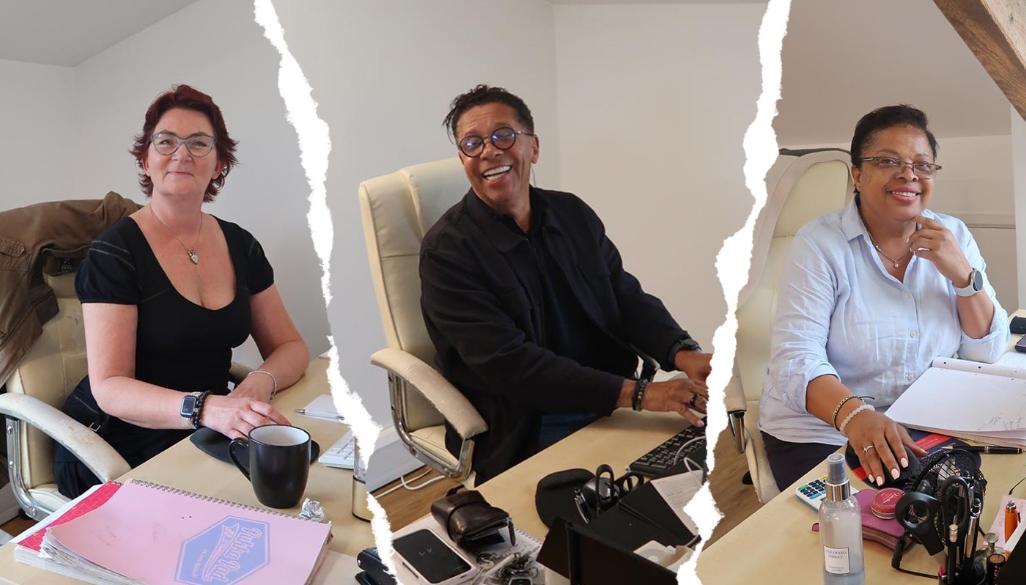A Look at How Technology is Changing the Way We Remember

Memory is fundamental to who we are. It shapes our identity, informs our decisions and gives meaning to our experiences. But as we grow more reliant on digital media - smartphones, social platforms, cloud storage - an important question arises: is technology quietly altering the way we remember?
To understand this shift, it’s useful to look at how memory works. Our brains form memories through a process of encoding, storing and retrieving information. Strong memories are typically reinforced through repetition, emotional connection or contextual cues. But what happens when much of this process is delegated to our devices?
This phenomenon, sometimes referred to as “digital amnesia”, suggests that we’re less likely to remember information if we know we can easily find it online. In fact, research shows that people are more likely to remember where to find information than the information itself. In an age where Google, digital calendars and GPS are ubiquitous, the need to memorise facts, dates or directions is steadily decreasing.
But is this necessarily a bad thing? Not entirely. Technology has undoubtedly expanded our access to knowledge and improved our ability to manage everyday tasks. Cloud storage lets us capture and retrieve memories through photos and notes, while search engines give us answers in seconds. In many ways, digital media is an extension of our cognitive abilities.

However, there is a trade-off. With our brains no longer being trained to store information in the same way, we may be weakening our capacity for deep learning and long-term recall. When we expect to offload information onto a device, we’re less likely to commit it to memory ourselves.
Social media, too, plays a complex role in this dynamic. It doesn’t just store our memories - it shapes them. We often remember what we post, not necessarily what we experienced. Moments are filtered, curated, and shared in a way that can blur the line between lived experience and digital storytelling. Over time, our sense of the past may be increasingly influenced by how we chose to present it online, rather than how it actually unfolded.
Then there’s the question of forgetting. Human memory is fallible, and that’s not always a flaw. Forgetting allows us to let go, evolve, and move on. Digital media, on the other hand, creates a permanent archive. Emails, messages, photos - all stored indefinitely - can anchor us to the past in ways that our brains were never designed to handle.












